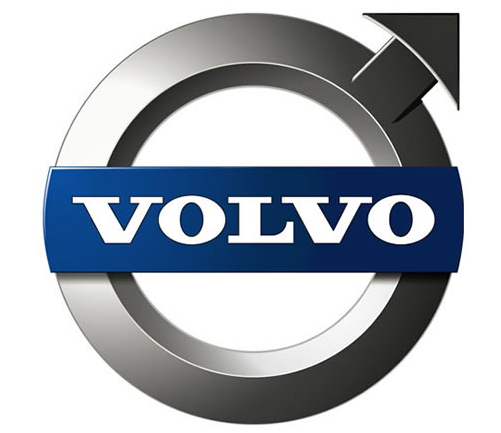Swedish carmaker Volvo has said it plans to launch a self-driving experiment in China involving up to 100 cars. Local drivers will test cars on public roads in "everyday conditions", according to a company press release.
瑞典汽车制造商沃尔沃近日表示,计划在中国推出一项100辆无人驾驶汽车的实验。根据该公司发布的一篇新闻稿表示,当地司机将在“日常情况”的公路上测试这些汽车。
The move was announced at an event in Beijing on 7 April, though details of a start date were not provided.
这一举动是于4月7日在北京的一个活动上宣布的,但该公司并没有提供开始实施的日期等细节。
According to a report from the Reuters news agency, Volvo is now determining in which city to conduct the trials.
据路透社新闻机构的一份报告显示,沃尔沃目前正在确定在哪座城市进行试验。
"Autonomous driving can make a significant contribution to road safety," said Hakan Samuelsson, president and chief executive of Volvo. "The sooner autonomous cars are on the roads, the sooner lives will start being saved."
沃尔沃总裁兼首席执行官汉肯·塞缪尔森说:“自动驾驶能对道路安全作出重大贡献,自动驾驶汽车越早上路,生命就越早能得到拯救。”

"I think people probably don't realise quite how much China's putting into advanced technology in cars," Prof David Bailey of Aston Business School told the BBC. "Google has had a far smaller number of cars in tests as far as I can work out, so it is significant."
阿斯顿商学院的大卫·贝利教授接受BBC采访时表示:“我认为人们可能还没有意识到中国正把多少先进技术投入到汽车上,据我所知,谷歌只测试了数量非常少的汽车,所以这意义是非常重大的。”
Prof Bailey added that China was both the biggest producer of, and market for, cars in the world.
贝利教授补充说道,中国是世界上最大的汽车生产商和汽车市场。
The country is certainly no stranger to self-driving car tests - in December a driverless car completed a test on public roads in Beijing. It had been developed by Chinese tech giant Baidu.
这个国家对自动驾驶汽车测试并不陌生--一辆无人驾驶的汽车于去年12月份在北京的公路上完成了测试。那台汽车是由中国科技巨头百度公司开发的。













